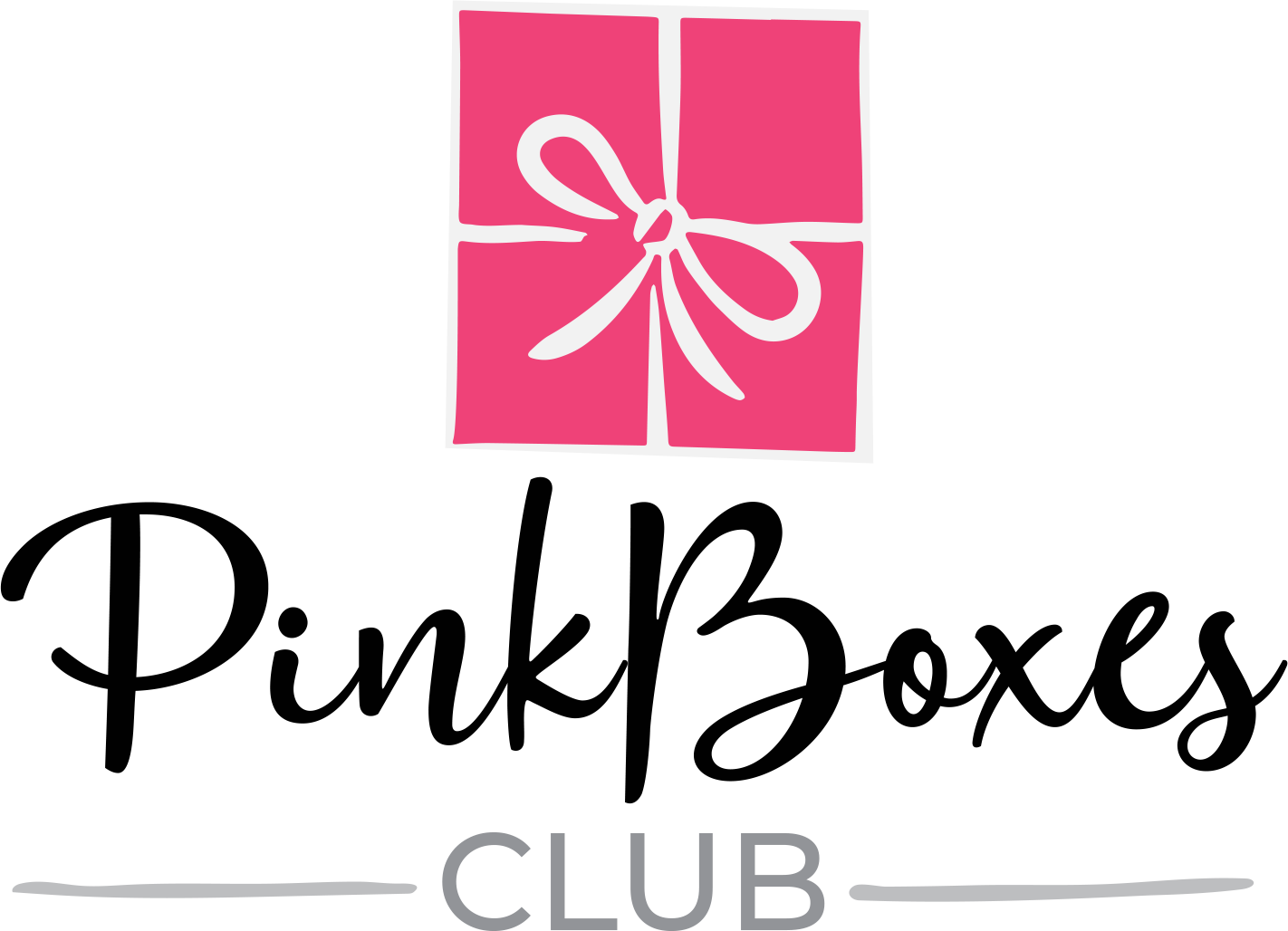Are You Hungry?

Hunger by Roxane Gay
I listened to this book on “self-care day”. My self-care day consists of things I need to do to take of me like exercise, no appointments so that I have time to stew and figure stuff out, for therapy, have meaningful conversations with family and friends. On this particular self-care day, I was doing my hair (which takes forever) and had time to listen.
While listening to this book, I felt so many feelings. This book is about so much more than weight. Honestly, however, that’s what I expected. This should also tell you that I am not really all that familiar with Roxane Gay (From the ladies in my book club, I get the impression that she’s a provocative woman of layers and complexity and that I’d grossly underestimated her by expecting a book that merely lamented beauty ideals and how hard weight loss can be). In addition to expecting to hear about a woman and her issues with weight, I expected to hear about her trauma (she was gang-raped at 12 years old). Frankly, I don’t know how I knew she’d been raped, but I knew she was “the woman who’d lost a lot of weight and gained it back to feel safe”. In that vein, I thought about my aunt who was raped and remembered the hushed conversations that my family had around the topic. It’s one of those topics that everybody speculates on regarding how a certain experience can affect a person without actually talking to a person who has had that experience. We attribute everything that we think is odd, different, or negative about “those people” to that experience. So, I was hoping to gain fodder and insight for my conversations on such topics from someone who had actually had one of those hushed conversations experiences. I mean, how could she not talk about how being raped impacted her weight???!!! At least I didn’t have to pretend like I wasn’t looking!
As Roxane read her book (great narration, by the way), I thought, “Wow, this is deeply personal.” I don’t know that I could be so transparent, and I’m pretty damn transparent. It was quite painful to listen to, and I had to wrestle with feeling like a bad person because I had some strong opinions about “her stuff”.
First, I compared her coping mechanism, food, with other coping mechanisms. I know my share of people with various addictions, and there is one common element: the thing that they escape to entraps them. Whether the addiction is drugs, alcohol, spending, sex, exercise, work, or something else, the person comes to a point whereby they have a love/hate relationship with the thing. It has got to be painful to know that the thing you love is killing you. I think about how my family and friends who have diabetes must feel – constant self-control around the thing you enjoy, to know you can only have a little taste (if any), is EXHAUSTING. It’s like needing to pee really bad, watching a faucet, and being told to hold it. Or think of it this way: you are trying to be celibate and all of your friends want to tell you, IN GREAT DETAIL, about the great sex they’re having. You hang up the phone with your nipples all hard and have to go to sleep by yourself (major fail). Finally, I thought about enablers and felt great sadness for them: double whammy. Think about it. When you give to/support folks with self-destructive habits, you know supporting/enabling them is killing both of you.
In one part of the book, Roxane talks about how some of the food that she eats isn’t even good, it’s just that eating is her go-to habit: how many of us can think of experiences that we keep revisiting that don’t serve us – BUT WE KEEP DOING THEM? I’m not going to tell you what it took for me to learn impulse control! However, I will share this: I didn’t completely defeat it! I’m still working on it…but one of the key strategies for me was to find a replacement. The experiences that drove me to my pleasure place, my place of relief and release, still occur, but I couldn’t keep responding in the same way because I don’t have a safety net for these types of self-inflicted wounds (Besides, I believe it is unfair to ask the people who love you to keep supporting you when your choices make your life hard and theirs over and over again). I felt strongly that I’d be alone in my destruction. Maybe it was my pride, perhaps self-condemnation, or even fear, but I couldn’t ask for help for something I’d done to myself…over and over again. But this begs the question: what should our support systems look like and be expected to do?
Finally, I preached the benediction over Ms. Gay’s story and felt like a bad person. I decided that she is stuck and that she chooses to be stuck. I also felt like I had no right to say such because her rape was so traumatic and then being alone to manage was nothing less than overwhelming. I couldn’t get past thinking, “Wow, the experience at 12 changed the trajectory of her life.” Something that happens to you at friggin 12 can determine 42! How can she keep letting this happen? Interestingly, I wanted to be angry about this. I wanted her suffering to be somebody’s fault. And it was. The boys who raped her were wrong, but how should they have been punished? I’m ALWAYS torn when I hear about young people going to jail. I think jail for a young person, regardless of what they’ve done, is destructive. So, if the boys who raped her had been prosecuted and gone to jail, what would that have solved? Consequences and punishments, yes; but I’m a strong no on jail. On the other hand, I was still a little angry at Ms. Gay: how can you know your issue so clearly and still be so stuck. Then, I remembered what my therapist once said to me about an issue that I’m still stuck on: clarity is NOT cure. The difference between Ms. Gay and me is that I can’t see my issue as clearly as she can see hers and neither can others.
PS – If you want to listen to the book, let me know! I can send you a free listen through Audible.
PSS – If you’ve read it, share your perspective! If you’re n Philly and want to get together to discuss it, I’m in!





